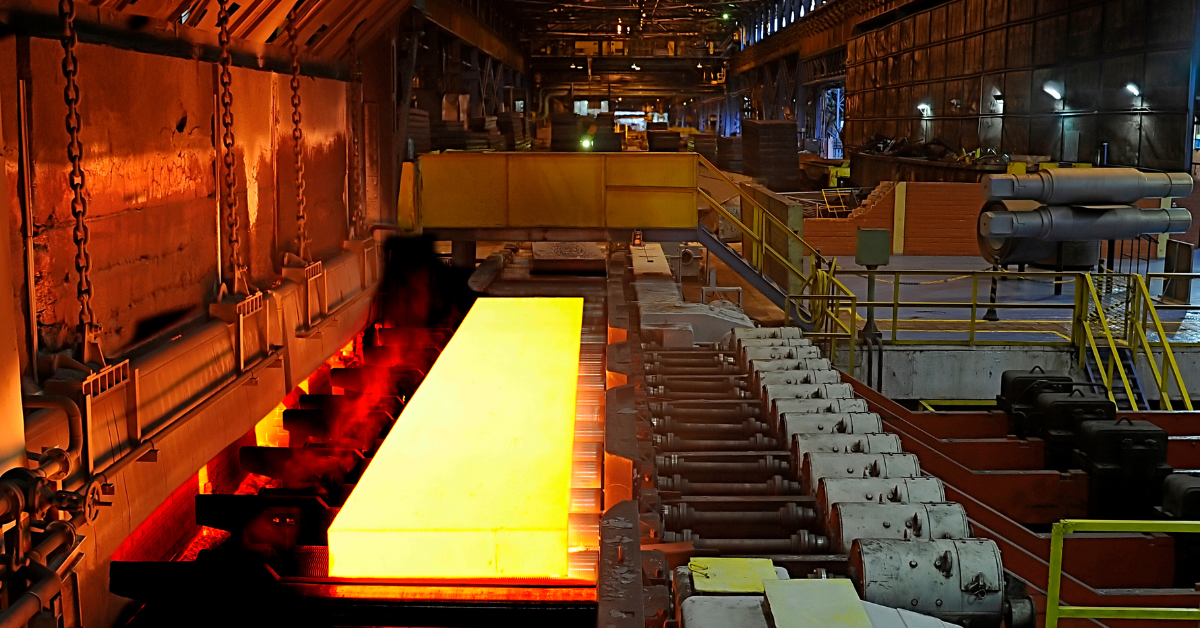Nippon Steel is Japan’s largest steelmaker, supporting the country’s industrial foundation. This article explains how Nippon Steel is perceived in Japan, covering its technological capabilities, employee evaluation, and environmental initiatives. Understanding these insights will help foreign professionals and investors grasp its real position in Japanese society today.
OVERVIEW OF NIPPON STEEL IN JAPAN
Nippon Steel as a Core Player in Japanese Industry
Nippon Steel, headquartered in Tokyo, is the largest steelmaker in Japan, producing a wide range of high-grade steel products used in automobiles, railways, ships, and construction. It is recognized as an essential pillar of Japanese manufacturing due to its consistent quality and innovative research capabilities. Many Japanese people view it as a symbol of industrial strength supporting the nation’s global competitiveness. Moreover, the company actively invests in new materials development and production efficiency to maintain its leading position.
| Key Information | Details |
|---|---|
| Headquarters | Tokyo, Japan |
| Main Products | Automotive steel, construction steel, high-tensile steel |
| Employees | Approx. 100,000 |
| Global Ranking | Top 3 in steel production volume |
| Established | 1950 (current structure since mergers) |
REPUTATION AMONG BUSINESS PARTNERS
Strong Trust and Collaborative Innovation
Japanese automotive and construction companies have deep trust in Nippon Steel for its stable supply chain and technological innovation. The company collaborates closely with partners, providing technical support and developing steel grades tailored to specific needs. This proactive approach strengthens long-term relationships, which is vital in Japan where business culture values mutual growth and reliability. Additionally, Nippon Steel’s quality control systems are highly regarded, reducing defects and production issues for clients. Business partners appreciate its ability to maintain on-time delivery even under global supply chain disruptions, a critical factor for manufacturing sectors.
EMPLOYEE PERSPECTIVE AND WORK ENVIRONMENT
Prestige and Workplace Culture
Nippon Steel is considered a prestigious employer with salaries above industry averages. Employees take pride in working for a company contributing to Japan’s economic foundation. The company provides structured career development programs and technical training, supporting engineers and operators to advance their skills. However, challenges remain. Some workers mention long working hours and a traditional hierarchy that can slow down decision-making. Recent reforms promoting remote work and reducing overtime aim to create a more flexible work environment. Younger employees are increasingly seeking opportunities for global career exposure and innovation projects to keep the company competitive internationally.
ENVIRONMENTAL INITIATIVES AND PUBLIC IMAGE
Decarbonization Strategy Towards 2050
Nippon Steel has announced its goal to achieve carbon neutrality by 2050. The company is investing in hydrogen-based steelmaking technologies to reduce carbon emissions significantly, addressing global and domestic environmental concerns. Japanese public perception towards Nippon Steel is improving as it shows commitment to green transformation. It collaborates with government research bodies and universities to accelerate innovation in eco-friendly steel production. Such proactive environmental strategies are now seen as crucial competitive advantages in both domestic and global markets, enhancing its brand reputation among environmentally conscious investors and communities.
CHALLENGES FACING NIPPON STEEL
Competition and Strategic Responses
Although Nippon Steel holds a strong domestic position, it faces intense competition from Chinese and South Korean steelmakers with high-volume production and aggressive pricing. To remain competitive, Nippon Steel focuses on high-value-added products, expanding its global supply network through mergers and strategic alliances. Another challenge is the need to enhance organizational agility to respond quickly to market changes. Traditionally, Japanese corporate culture emphasizes consensus-based decision-making, which can slow innovation. Nippon Steel is implementing management reforms to accelerate strategic execution, ensuring it remains a leader in the rapidly evolving global steel market.
CORPORATE SOCIAL RESPONSIBILITY AND COMMUNITY IMPACT
Regional Support and Education Programs
Nippon Steel is respected for its community contributions. It supports local economies by maintaining employment, participating in regional revitalization projects, and providing educational programs. After major disasters in Japan, Nippon Steel supplied steel products for reconstruction and donated to affected communities, strengthening its image as a responsible corporate citizen. Furthermore, the company offers scholarships for engineering students, nurturing future leaders in material science and manufacturing innovation.
| CSR Activity | Impact |
|---|---|
| Disaster relief | Steel supply for reconstruction, donations |
| Education | Scholarships, research grants |
| Regional economy | Employment stability, revitalization projects |
CONCLUSION
In summary, Nippon Steel enjoys a strong reputation in Japan as a technological leader and reliable business partner supporting national infrastructure and economic development. Challenges such as global competition and decarbonization remain, but its proactive innovation and environmental strategies position it as a continued leader in the steel industry. The company’s commitment to technological excellence, environmental responsibility, and community support underpin its robust brand image both domestically and internationally.






